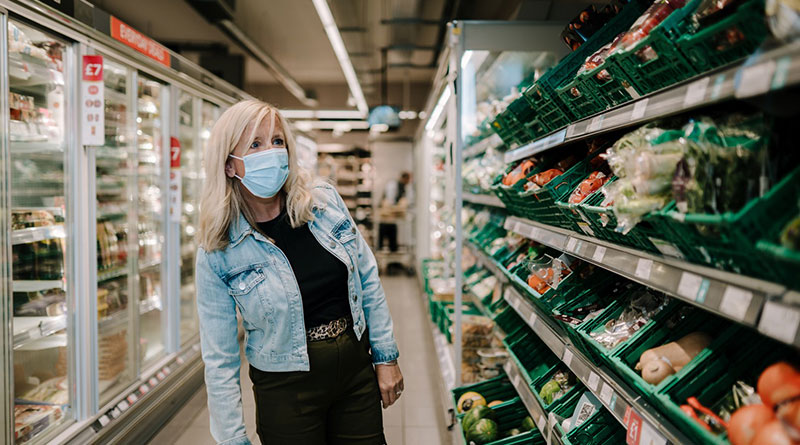Anger and Frustration for Older People at Their Treatment Under the Covid19 Pandemic Restrictions
Older people claim that assuming everyone aged over 70 is vulnerable is deeply ageist.
The Older People’s Advocacy Alliance (OPAAL) and the National Coalition of Advocacy Services (NCAS) have published a hard-hitting report detailing the anger and frustration the older people experienced during the COVID19 restrictions of 2020 and 2021.
The researchers, based in Liverpool, interviewed older people living in a variety of settings with a wide range of support systems. They gave detailed information about how the restrictions impacted on their lives and those in their circles.
Although there was a particularly strong response from people in the Merseyside area, older people across the country had similar experiences to relate. The findings and recommendations have been published in a new report titled, “Learning from the impact of COVID19 to better promote the rights and dignity of older people”.
The report makes troubling reading, describing a lonely, frightening and potentially dangerous existence, devoid of human contact, or regulatory oversight, and where older people’s right and needs were the lowest priority. The de-humanisation of older people even extended to Do Not Attempt to Resuscitate (DNAR) orders placed on some individuals without their knowledge or consent.
Joe Monaghan, Chief Officer of NCAS and co-author of the report said,
“The strong sense of the absence of choice and a process of disempowerment for older people during the pandemic, cannot be ignored or be allowed to be repeated.
The idea that so many older people should simply “grin and bear” distress after distress in so many aspects of their lives in the interests of the public good, is both prejudicial and unacceptable. And the legacy of harm this has caused to the lives of older people and their contribution to and engagement with wider society will be with us all for many years to come.
The fact that for many people the distress did not end when people had died with so many other restrictions that prevented the grieving process from taking its usual course, speaks to the deep lack of understanding of what older people need, want and value.
Whilst we can all appreciate the enormity and magnitude of the pandemic and agree that everyone had a part to play in maintaining public health, our findings show that the burden of compromise fell far too hard on the older people in our communities, and this is not something that should ever be repeated in an inclusive and representative society.”
Copies of the full report can be obtained here.

